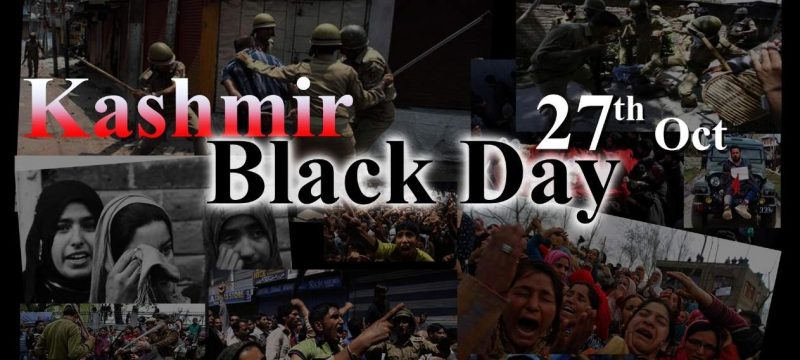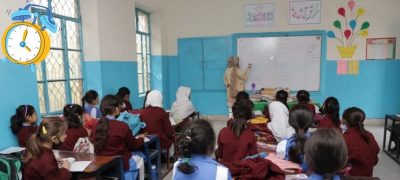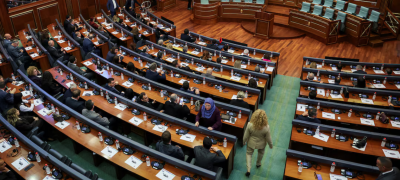ISLAMABAD – Kashmiris around the world, including Pakistan, are observing Black Day today to protest against India’s decades-long illegal occupation of Jammu and Kashmir. The day marks a significant chapter in history that continues to remind the world of the unresolved Kashmir dispute.
October 27, 1947, is remembered as the day when Indian troops entered Jammu and Kashmir in clear violation of the Partition Plan. This act went against the wishes of the Kashmiri people, sparking a conflict that has continued for more than seven decades.
The All Parties Hurriyat Conference has urged Kashmiris to mark this Black Day as a show of unity and to draw the world’s attention to the urgent need for a peaceful resolution. Rallies, seminars, and public gatherings are being held in Pakistan and other countries to highlight the ongoing struggle of the Kashmiri people.
President Asif Ali Zardari, in his message, described India’s occupation as “one of the darkest chapters in Kashmir’s history.” He emphasized that generations of Kashmiris have suffered oppression, human rights violations, and political suppression.
The President strongly condemned India’s unilateral actions of August 5, 2019, which aimed to change the region’s demographic makeup. He called on the United Nations and the international community to hold India accountable and ensure the implementation of UN Security Council resolutions.
Prime Minister Shehbaz Sharif also reaffirmed Pakistan’s unwavering support for the Kashmiri people. He condemned India’s ongoing restrictions, unlawful detentions of political leaders, and curbs on freedom of speech and movement. The Prime Minister stated, “Two hundred and forty million Pakistanis stand firmly with our Kashmiri brothers and sisters in their struggle for justice and self-determination.”
In other news read more about Infiltration from Afghan border thwarted; 25 terrorists killed, 5 soldiers martyred
As Kashmiris observe Black Day worldwide, the day serves as a strong reminder of their enduring fight for freedom, dignity, and international recognition of their right to self-determination.









